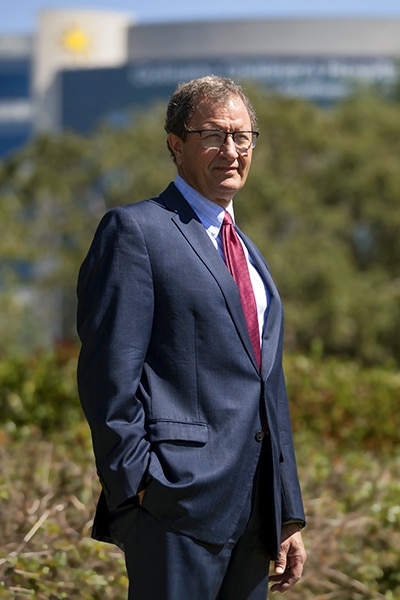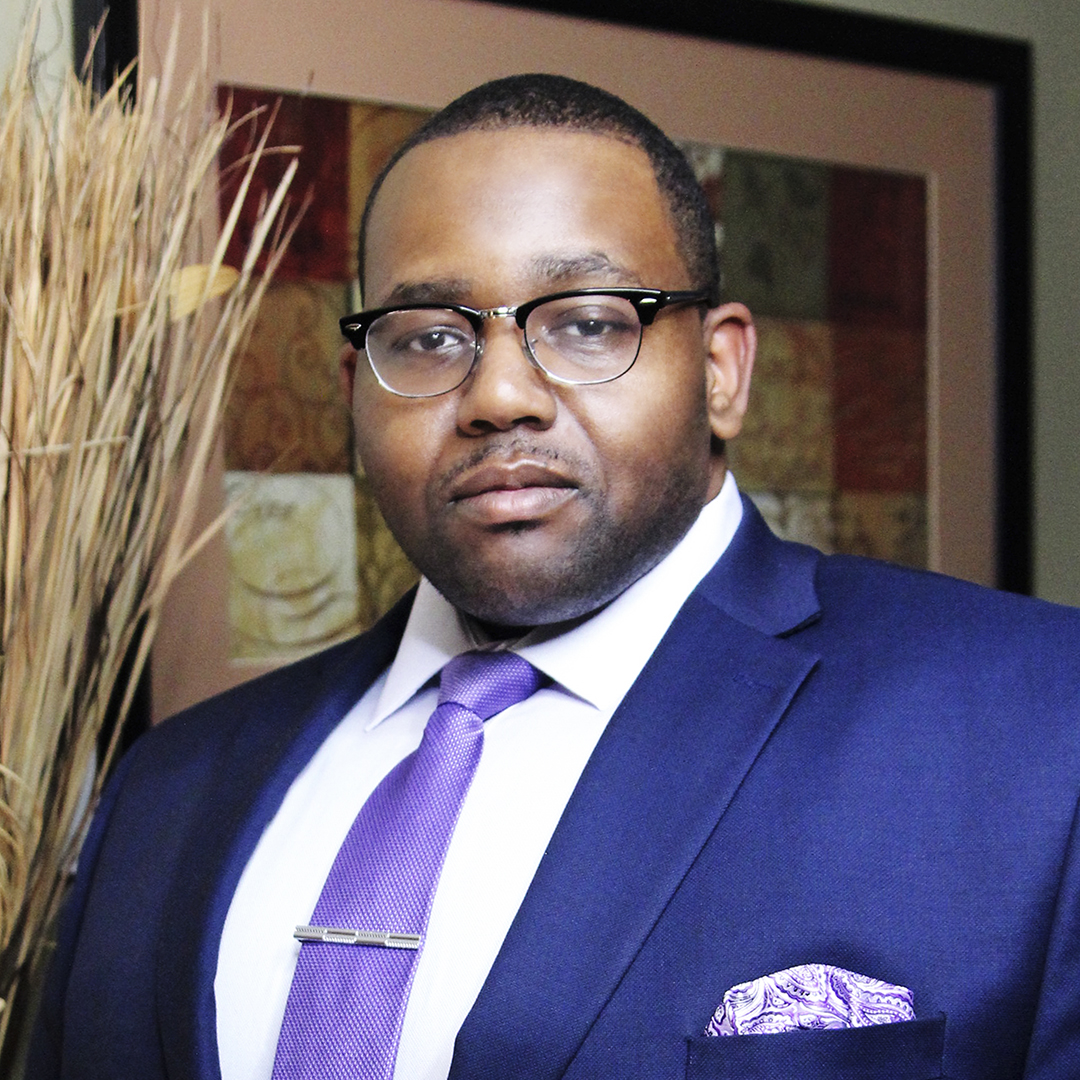Underneath Dr. Scott Nygaard’s “Minnesota nice” demeanor is a renaissance man of medicine. Prior to attending medical school, Nygaard managed a chain of gas stations and worked for Zales Jewelry as well as for Target stores. “I jokingly tell people that I got my MBA sitting around the kitchen table,” Nygaard says. His father worked in retail and would take his son out for lunch, relaying staff problems and other challenges of working in a store. “I didn’t realize I was going to use all of those practical skills until much later.”
The practical lessons Nygaard learned have served as a foundation for his career of taking on nontraditional roles that other physicians might have seen as too far outside their purview to even consider. From bucking hierarchy and assuming a role on the board of a physician-owned company to purposely taking an executive position that didn’t involve practicing medicine at all, it’s Nygaard’s servant leadership and pragmatic approach to problem-solving that have allowed the doctor to leave each situation exponentially better than he found it. Now, he serves as chief operating officer and chief medical officer at Lee Health.

The philosophical foundation for the bulk of Nygaard’s career success lies in what he considers undue scorn for healthcare’s traditional fee-for-service model, which he first saw in the early ’90s. The larger truth, Nygaard says, is that physicians spent too much time focused on independence and autonomy as opposed to processes and implementation of evidence-based care. “We had gotten lost in the profession by blaming the attorneys, the payers, and everyone else except ourselves,” Nygaard says. “If we’re honest, we needed to look in the mirror.”
“Dr. Nygaard is a businessman and a scholar,” says Daniel Lee, managing partner at Carpedia. “He’s willing to challenge the status quo while carefully navigating a historically resistant industry. It is always pleasant to work closely with a mind like Scott’s. His attention to detail coupled with his drive for action and results truly set him apart.”
Speaking of what could be considered taboo to many in the medical community, Nygaard believes some in the profession have engaged in victim language that is impractical and masks a deeper, concerning trait.
“In healthcare at that time, I came to realize that a lot of people felt entitled to succeed. That is not how I grew up,” Nygaard says. “My father would always say, ‘If you can’t be a part of the solution, do the company a favor and leave.’ He didn’t mean that you had to have all the ideas; rather, you should come together to solve the problems with your team.”
Nygaard says that the evolution of healthcare has led to an interesting do-or-die moment for a lot of healthcare systems. “There was a time when you could just crank up the volume to offset the cost structure and be successful,” Nygaard says. “Now, a lot of organizations are in the interesting predicament of declining revenues and decreasing utilization, and they are struggling.”
Nygaard is speaking from experience. After he came onboard at Network Health System, a physician-owned company, in 1996, the group wound up on the cover of the local newspaper for losing $21 million and being unable to locate refinancing from any of the nine banks that rejected them. “We simply didn’t have a good business plan,” Nygaard says. “We had to get busy changing everything in our organization, including our governance model, our CEO, renegotiating all of our physician contracts, and taking on a new physician compensation plan.” The interim CEO, it turns out, was Nygaard himself. Having been elected to the physician board in record time, Nygaard eventually assumed the board president role, and later served as interim CEO.
And while he says pragmatism and a willingness to have tough conversations was essential, it’s also his continuing focus on culture at every role he has that defines his approach to transformation. It’s also why he was willing to assume the role of senior vice president of corporate services job at Via Christi Health, a role that didn’t involve medicine in the least. “Those support functions cut across the entire organization,” Nygaard says. “If you can impact the way those corporate services operate, you can create culture across the organization, and creating culture is the way to impact care.”
Culture has been a main focus of the transformations Nygaard has led at Lee Health. After interviewing with then-CEO Jim Nathan, Nygaard was able to validate firsthand some of the issues facing the organization. “The trust was pretty broken and morale was very low in every survey that had been done,” Nygaard says. “But I saw a lot of opportunity there because I knew the people, at their core, just wanted to do a great job taking care of patients, physicians, and staff.” He told the CEO that he was either sitting on a diamond or dynamite, and that if he was willing to let Nygaard make sweeping changes, the sparkle, and not the explosion, would be the lasting image.
“The business was risk-averse, not transparent, and let the rumor mill manage the business,” Nygaard says frankly. “We had to change the way we talked and messaged.” And although Nygaard says there are always improvements to be made, the proof is in the metrics from the Center of Medicare and Medicaid Services. The organization has moved from one star to three and will press on toward five-star performance.
Nygaard’s résumé and accomplishments are an incredible series of unexpected twists and turns, ending with credible results. He asks those who work under him to read Robert Greenleaf’s, The Servant as Leader. He’s intent on continuing to learn and grow, because he keeps finding new ways to make an impact on healthcare. “If you want something, you’ve got to pursue it,” Nygaard says. “I have a sign in my office that says, ‘Have fun. Make a difference every day. And enjoy the journey. In that order.’”


